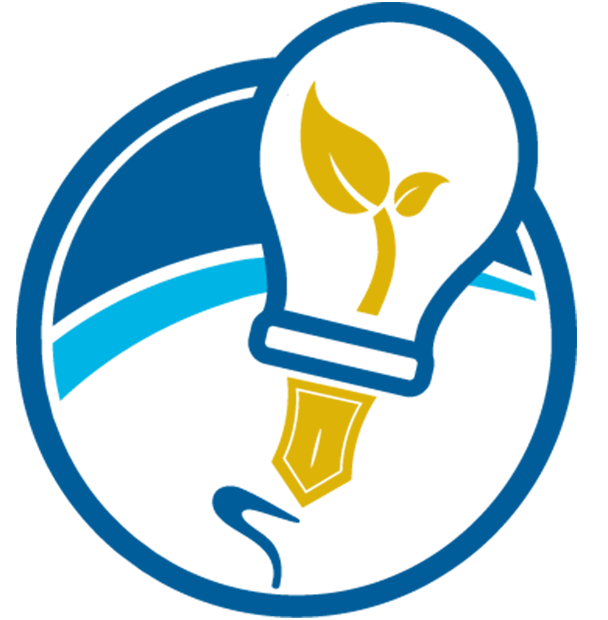Harold Marin
HAROLD MARIN, Biochemistry and Molecular Biology, 2016
Undergraduate Faculty Mentor: Dr. Frank McNally
Research Title: F-actin prevents interaction between sperm DNA and the oocyte meiotic spindle in C. elegans
What is your hometown and state, and where are you now? Stockton, CA - Current Location: Ann Arbor, MI
Publications: Panzica, M. T. et al. J. Cell Biol. 216, 2273–2282 (2017) http://jcb.rupress.org/content/216/8/2273/tab-article-info
Conferences: CAMP UC Irvine Symposium, UC Davis Undergraduate Research Conference, UCSF Tetrad Granlibakken Retreat
Current Employer: University of California, San Francisco
Bioscketch: I moved from Lima, Peru to the Santa Rosa, California with my immediate family when I was 11. Science was not in my mind at all during my early education as I struggled to learn English. Despite being both an ESL and a first-generation-to-go-to-college student, I have always had the drive to pursue something big. My path to science was nontraditional. I went to community college for 3 years where my interest in basic science research began. Then, I transferred to UC Davis to continue my education. Post-graduation, I worked as a lab manager for 2 years before starting graduate school in the Tetrad program at UCSF, a PhD program. I am currently in my second year studying genome organization in the Buchwalter lab.
Three words to describe me: Scientist, Bilingual, Easy Going
In what ways has engaging in undergraduate research impacted your future goals and plans?
In many ways. It taught me what basic science research entails. It connected me with faculty and graduate students who advised me on how to go forward with my career. I do not think I would be in graduate school if it were not for my undergraduate research experience.
What preparation and research experience did you have before applying to your research program?
A year internship at the Buck Institute for Research on Aging and a year already working in the McNally lab
What advice do you have for other undergraduate students seeking research experiences?
Go to the "Meet the faculty of the [insert department name]" events or similar events where you can meet faculty. You get a better sense of their research rather than reading their papers. This is how I met my undergraduate research mentor. Remember that everyone feels stupid in research. I recently read a good opinion article about this (https://jcs.biologists.org/content/121/11/1771). Make the best of your time in research. Go to social events, research seminars and try to ask a question.
What else would you like us to know about you?
I was a transfer student at UC Davis and took time off between graduation and starting graduate school.
Harold said this about CAMP:
"I joined CAMP at a time when I was looking for an opportunity to dedicate an entire summer to research. I had been working on a project in Dr. Frank McNally's lab for almost a year with hopes of continuing in the summer of 2015. CAMP gave me that opportunity. Because of CAMP, I was able to focus on my project free from any financial stressors. In fact, my data from my summer work made it to this project's publication in The Journal of Cell Biology. Nevertheless, CAMP helped me in many more ways than financial supplement. The program's GRE prep program helped me score high on the GRE test, which is a comforting fact now that I am applying to graduate schools. I learned from their professional development workshops skills that I now use in my job as a lab manager, subjects such as mentor/mentee relationships, time management and presentation skills. Additionally, their cohort of culturally and academically diverse students broaden my knowledge of the science fields. I still remember Lino's research on high entropy alloys and thinking that I would have never known about this field if I had not joined CAMP. Moreover, the CAMP Symposium held at UC Irvine was my most memorable experience. I learned how to explain my research to people outside my field, which I find is a very important skill, especially in this country's current political environment where scientific facts do not seem to drive policy making. Now that I find myself applying to graduate schools, I realize that CAMP gave me the opportunity to explore the many benefits and difficulties of academic research. I could not see my career or myself as the same person if I had not had CAMP guide me in the most stressful and difficult years of my undergraduate education."
